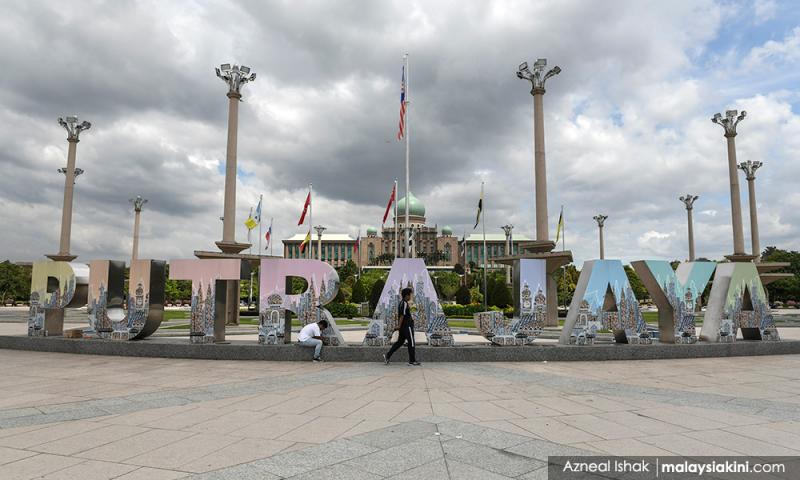LETTER | Malaysians need to move away from politics of race and religion
LETTER | In the present contemporary world many see religion and its ideological teaching as divisive and want a clear separation of state and religion. Why is this so?
Some see religion as a set of beliefs that tend to minus out the truth in other religions and this paves the way for domineering behaviours, bigotry, and possible violence.
This has been notable in countries like Pakistan, India and parts of West Asia and Africa. Such ethno-religious divisive politics also exists in the United States, especially among certain influential religious groups in the Republican party.
Identity politics with ethno-religious connotations tend to look at history from the perspective of once-upon-time dominance or glorious history and it feels that it needs to resist aliens that it believes are not part and parcel of its historical identity and heritage.
Resistance is its key modus operandi of extreme identity politics.
Convenient tool
Ethnic identity mixed with religious ideology in the Malaysian context today has become a convenient tool for political purposes since it has strong emotional elements that could sway people from reasoning and exploring what is truthful and authentic in all religions. It is obvious one is blinded in the name of preserving one’s ethno-religious identity.
As advertising focuses on emotions to cajole a buyer to buy a certain product, race, and religion in Malaysia today have become a product that seems to bring handsome profits for politicians. Whether one realises it or not, religion has been reduced to a product of political expediency.
While the Federal Constitution is clear on special privileges, language, hierarchy, and bureaucracy which is led by the majority Malay Muslim community, it still becomes politically expedient for politicians to play up race and religious insecurity as means to win an election.
The truth is, religion in itself is not divisive. It becomes divisive when it turns out to become ritualistic and ideological-seeking imaginative enemies.
Human dignity
Authentic religio-spiritual experiences seek truth in diversity, through dialogue collaboration, and working for the common good.
It has nothing to do with immature slogans of identity that polarise a nation. Its modus operandi is based on love and compassion towards others irrespective of ethnic and religious background.
It solidly believes in human dignity. One has to learn from the transforming mystical lives of previous sages and saints whose service to humanity bears testimony to the importance of respecting human dignity.
The question is, how far ethno-religious politics would go, and the implication to the unity of Malaysians as a whole? In what direction Malaysia would progress spiritually and socially if it continues with divisive rhetoric?
Malaysia today is going through a crisis of confidence among investors. The value of the ringgit is deteriorating, besides an economy that has a trillion-dollar debt, corruption, and a state of uncertainty due to the divisive nature of its politics.
Vote wisely
The coming elections in six states would in a way determine the direction of the country. It is whether Malaysians as a whole embrace the value of multi-ethnic solidarity for progressive Malaysia, or ethno-religious-dominated political landscape that continues to see fellow Malaysians as a threat and ruining the unity nurtured since independence.
While there is complexity of issues in relation to the choices of the electorate, what is critical is the foundation of solidarity that embraces multi-ethnic solidarity.
Therefore, the Association for Welfare Community and Dialogue urges Malaysians today to be reflective of our current social-political landscape and vote wisely in the coming state elections.
It's time for differences in ethnicity and religions to be seen as divine graces to learn from each other's culture and a way to transform insecurity to love and solidarity for a better Malaysia.
For this to materialise, Malaysia needs to transform its ethno-religious consciousness.
RONALD BENJAMIN is the secretary for Association for Welfare, Community and Dialogue
The views expressed here are those of the author/contributor and do not necessarily represent the views of Malaysiakini.
RM12.50 / month
- Unlimited access to award-winning journalism
- Comment and share your opinions on all our articles
- Gift interesting stories to your friends
- Tax deductable
